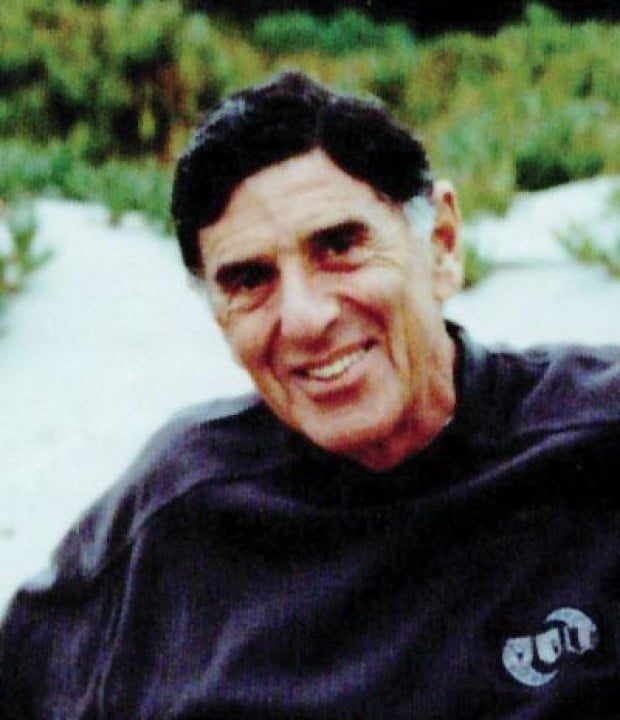Burton Borman, former CEO of two publicly traded companies, died last month at his Malibu home. He was 84.
Borman was born in Chicago in 1928. He earned his Bachelor of Science from Ohio State University and attended the Wharton School of Business at the University of Pennsylvania. He enjoyed travel, tennis and skiing.
Borman began his career as a teenager working for an insurance company founded by Roy Marcus, a close family friend who treated him like a son. “Uncle Roy” gave him summer jobs, first in the mail room and later reinstating lapsed insurance policies. Borman rose up quickly and became the company’s youngest sales manager, an honor he modestly attributed to the fact that “nobody else was willing to move to Pittsburgh.”
Although he loved Pittsburgh and started his family there, Borman moved to Los Angeles in 1962 when offered a senior management job at the company’s new headquarters. He bought his Malibu beach house in 1969, where he enjoyed gazing out at the Pacific.
In the late 1960s, Borman played a key role in making Pennsylvania Life a large publicly traded company. As the company grew, it became known as PennCorp Financial, which specialized in the sales and underwriting of life and disability insurance. Borman became co-CEO of the company that evolved from the regional insurance agency where he began his career. In 1982, Borman merged PennCorp with American Can Company, paving the way for his retirement.
After retiring from PennCorp in 1986, Borman sought to apply his investment expertise to other ventures. He served on the boards of numerous companies and charitable organizations. He also enjoyed mentoring promising young entrepreneurs and contributing money to countless causes. Borman’s last executive role was CEO of Todd Shipyards from 1991 until 1993.
Borman was an avid art collector, a passion his parents Jack and Frieda cultivated through their own collecting. In the late 1980s, he co-founded the Hoffman Borman Gallery, fulfilling his father’s longtime dream.
Borman also considered architecture to be a powerful and important form of artistic expression. In the early 1980s, he commissioned Frank Gehry to design his dream home in Malibu. This seaside residence took five years to build and was completed in 1990, despite construction and coastal permit delays. He built the house as a place where his family and friends could gather and enjoy living on the ocean.
Borman is survived by his children Dean, Casey, Amy, Scott and Gary, as well as six granddaughters.

